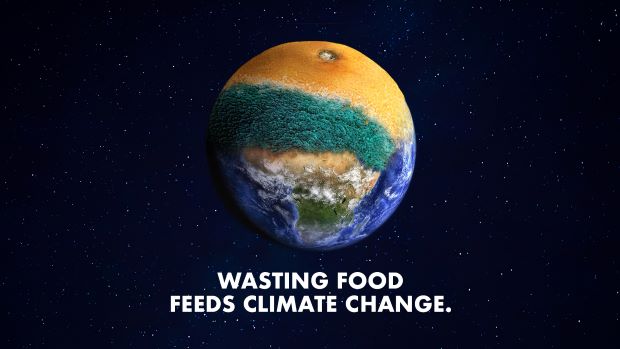What is closed Loop Recycling?
Closed loop recycling relates to many types of waste, such as:
- Glass
- Plastic
- Aluminium
Glass Recycling
Taking a closed loop approach to glass recycling is something very important to Biffa. As a resource, glass is far too valuable to be left in landfill sites! Biffa’s glass recycling facilities in Aldridge and Edmonton are equipped with up-to-date technology, which can reduce contamination, and properly clean the glass that passes through it.
To begin the process, we collect unwanted mixed glass in the form of bottles, jars and broken pieces. Once segmented and cleaned by our machinery, we can then manufacture Enviro Glasgrit. Enviro Glasgrit is a high quality, cleaned and processed recycled glass abrasive.
Metal Can Recycling
The same goes for Metal Can Recycling.
We take all the metal cans that go into our Mixed Recycling facilities, then separate the aluminium. The metal is then crushed, cleaned, rolled out and cut using specialist machinery, which then creates new cans.
We have two Material Recycling Facilities, known as MRFs, located within the UK. Currently, our MRFs can segment, decontaminate and process materials such as aluminium and steel cans, but also plastic bottles, plastic containers, cardboard and paper.
Plastic Recycling System
Biffa’s polymer recycling facility, Biffa Polymers, provides bespoke, safe solutions for plastic waste disposal. The facility endeavours to reduce the environmental impact of this process by moving plastic away from landfill, cleaning it and manufacturing it into new products, this defines our closed loop approach.
Recognised for its innovative value, Biffa Polymers received the Queen’s Award for Excellence in Innovation, for its RHDPE (recycled high density polyethelene) facility, with a special focus on recycling milk bottles. Throughout its three business processes, the facility has been designed to process approximately 50,000 tonnes of plastic.
Why is closed loop recycling important?
Closed loop recycling is important for a number of reasons:
- Preservation of natural resources
- Minimising risk of harm to the environment, including wildlife
- Saving landfill space for waste that has no recycling option
- Reduce pollution
Recycling alleviates the need to harvest raw materials. That way, rainforests aren’t at risk.
Biffa’s recycled materials are used widely throughout the UK. Our recycled plastic features in milk bottles, which are manufactured using our polymers.
If you’d like to find out more about how Biffa’s recycling innovations are helping the nation, or if you want to discover more about closed loop recycling, get in touch. You can call our enquiries line on 0800 601 601, or tweet us @biffaservice.







Subscribe for free